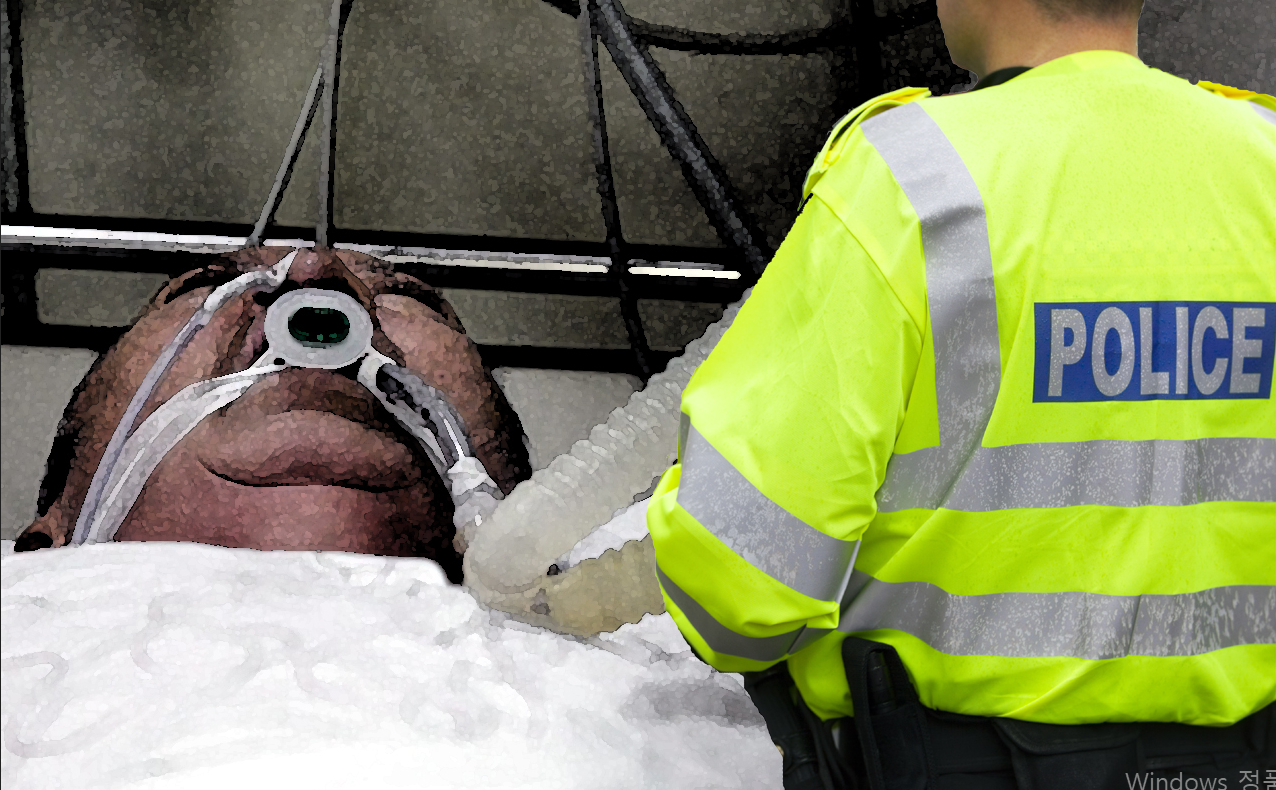The year 2023 marked significant transformations in the medical and pharmaceutical sectors. Despite facing resistance from the medical community, President Yoon Suk Yeol's administration declared its intention to increase the number of medical school seats starting in 2025. Additionally, 2023 witnessed the opening of the digital medical device market. The initiation of telemedicine this year led to an ongoing conflict between the medical community, opposing such practices, and the Ministry of Welfare, advocating for them, expected to persist into 2024. In the pharmaceutical industry, numerous domestic companies ventured into the global market. Korea Biomedical Review has compiled the 10 most noteworthy healthcare developments in 2023. -- Ed.

The Medical Practitioner License Revocation Act (amendment to the Medical Service Act), which passed the plenary session of the National Assembly on April 27, went into effect on Nov. 20 after a legislative preview.
Accordingly, the act stipulates that being sentenced to imprisonment for “any crime” is a reason for disqualifying and revoking a medical license and permanently restricts the revocation of a license and issuance of a license if a person obtains the requirements for issuing a license or passes a national examination by false or fraudulent means.
On the other hand, it enhanced the requirements for reissuing a license, obligating applicants to complete an educational program prescribed by presidential decree to reissue a license after revocation.
The education required for license reissuance includes understanding patient rights, the role and ethics of medical professionals, medical laws and regulations, and other contents necessary to maintain healthcare order, as announced by the Minister of Health and Welfare. License reissuance recipients must complete at least 40 hours of education and pay the education costs.
The act, which caused extreme opposition and conflict from the medical community from passage to implementation, is already being discussed for revision as soon as it was implemented.
That’s because there are arguments in the National Assembly, regardless of the ruling and opposition parties, that the scope of application should be limited to violent crimes and sex crimes.
On Oct. 24, Rep. Choi Jae-hyung of the ruling People Power Party introduced a bill to amend the Medical Service Act to limit the grounds for revocation of medical licenses to those sentenced to more than a year in prison for violating medical-related laws, certain violent crimes, crimes of sexual violence, and sexual crimes against children and adolescents.
The amendment also removes the provision for suspended sentences and reduces the time limit for reissuing licenses from 10 years to five years.
Rep. Lee Yong-bin of the Democratic Party of Korea, a former physician, and some other opposition lawmakers are also moving to amend the act to narrow the grounds for revoking medical licenses.
Against this backdrop, the medical community, led by the Korean Medical Association, is pushing to amend the act before the 21st National Assembly ends, drawing attention to its amendment early next year.
Related articles
- [Top 10 Healthcare News in 2023 ③] The evolution of digital therapeutics in 2023
- [Top 10 Healthcare News in 2023 ④] Chong Kun Dang, Orum Therapeutics prove R&D power
- [Top 10 Healthcare News in 2023 ⑤] Telemedicine pilot project starts without law amendment
- [Top 10 Healthcare News in 2023 ⑧] Alarm bells of collapsing essential care were heard everywhere
- [Top 10 Healthcare News in 2023 ⑦] Korean CDMO companies show strong presence in global market
- [Top 10 Healthcare News in 2023 ⑨] Korean pharmaceutical companies expand foothold in global markets
- [Top 10 Healthcare News in 2023 ⑩] Controversy continues over drug quality amid frequent mislabeling

